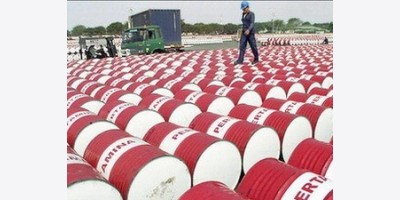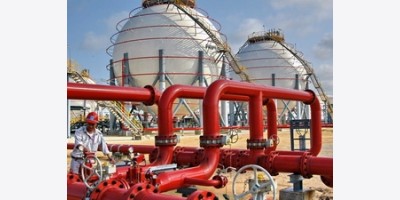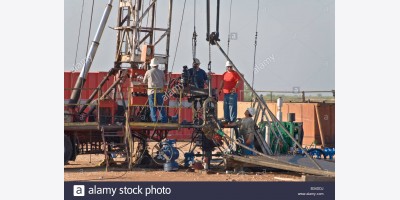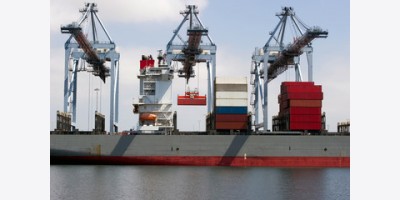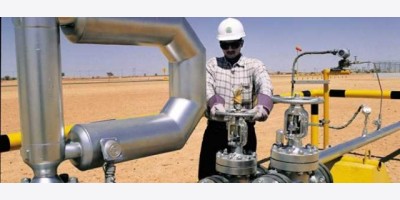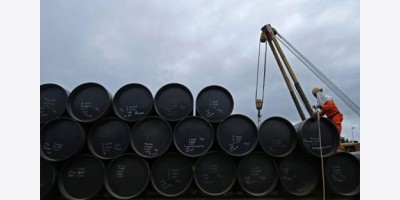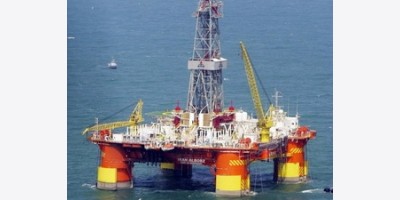Despite oil prices plummeting over the past year, falling from around $100 per barrel to now under $60 per barrel, the U.S. shale industry has proved resilient. There have been a few bankruptcies and a significant decline in revenues for drillers across the board, but production has remained stable.
To be sure, there would have been more drilling companies going belly up if it had not been for the generous credit offered by bond and equity markets, and large financial institutions. Private equity has also jumped into the fray. The financial lifeline has kept the doors open for a lot of exploration companies.
But the rough waters are about to get rougher. That is because U.S. shale companies have been somewhat protected from the full vagaries of oil price swings up until now. Shale companies commonly hedge some of their production, locking in prices for which it can sell its product well ahead of time. That provides them with certainty and insulates them from huge price swings. Many companies secured high prices last year before the price crash.
Those positions are now starting to unwind. As they expire, small and medium sized shale companies will be more exposed to lower oil prices. For a company that had hedged a quarter or half of its oil production last year at $80 or $90 per barrel, they will now suddenly feel the pain of oil trading at $60 per barrel.
Bloomberg estimates that 30 out of the 62 companies that it tracks in the Bloomberg Intelligence North America Exploration and Production Index had at least 15 percent of their first quarter revenue come from hedged positions. Last year that figure stood at 37 percent. But more and more of the hedged positions are expiring, so the 15 percent figure will fall even further.
That suggests that more companies could find themselves in a distressed position if oil prices do not rise. Bank regulators have even started to warn of the “emerging risk” associated with loans to struggling oil and gas companies. “We are beginning to see some deterioration in the credit quality of oil and gas loans to borrowers that used high volumes of debt to finance their growth over the past several years,” Grant Wilson, director of commercial credit for the Office of the Comptroller of the Currency, a banking regulator, told Bloomberg in an interview.
Oil prices have bounced around the $60 per barrel mark, low enough to cause deeper financial stress for weaker companies. Unless the price rises significantly, there could be more defaults in the months ahead.
Source: Charles Kennedy, OilPrice.com





